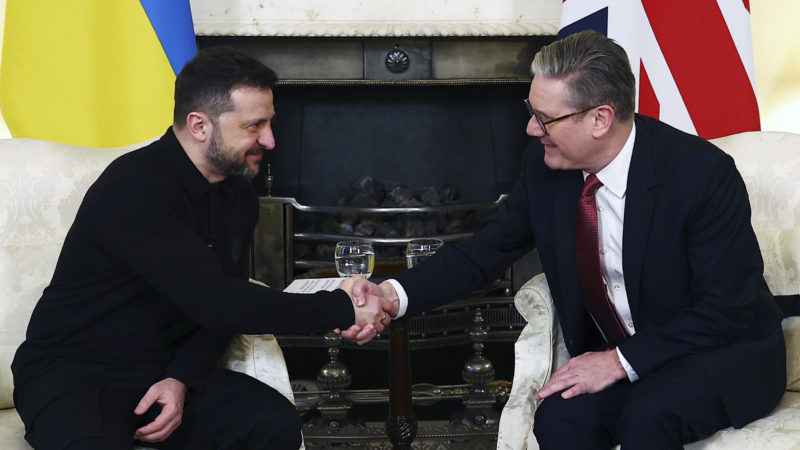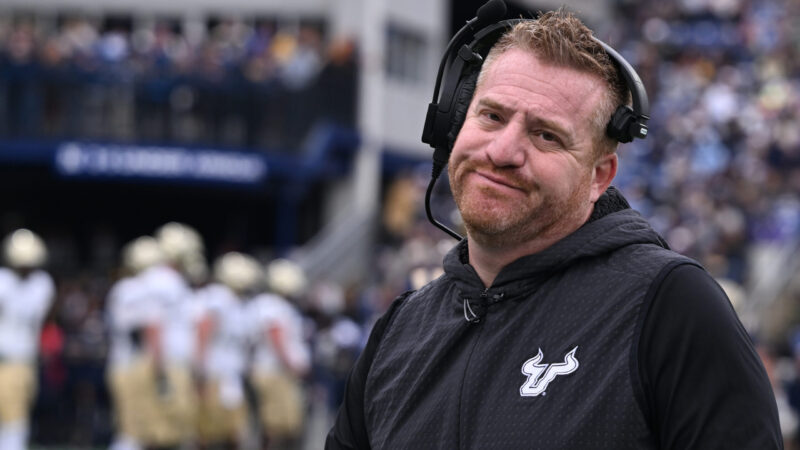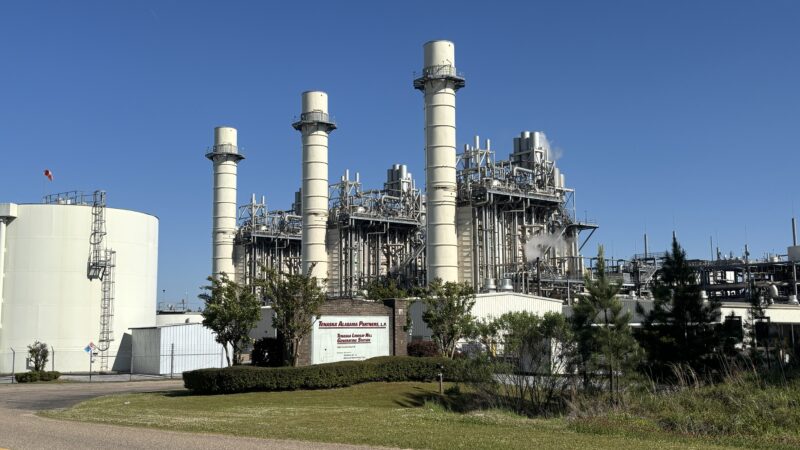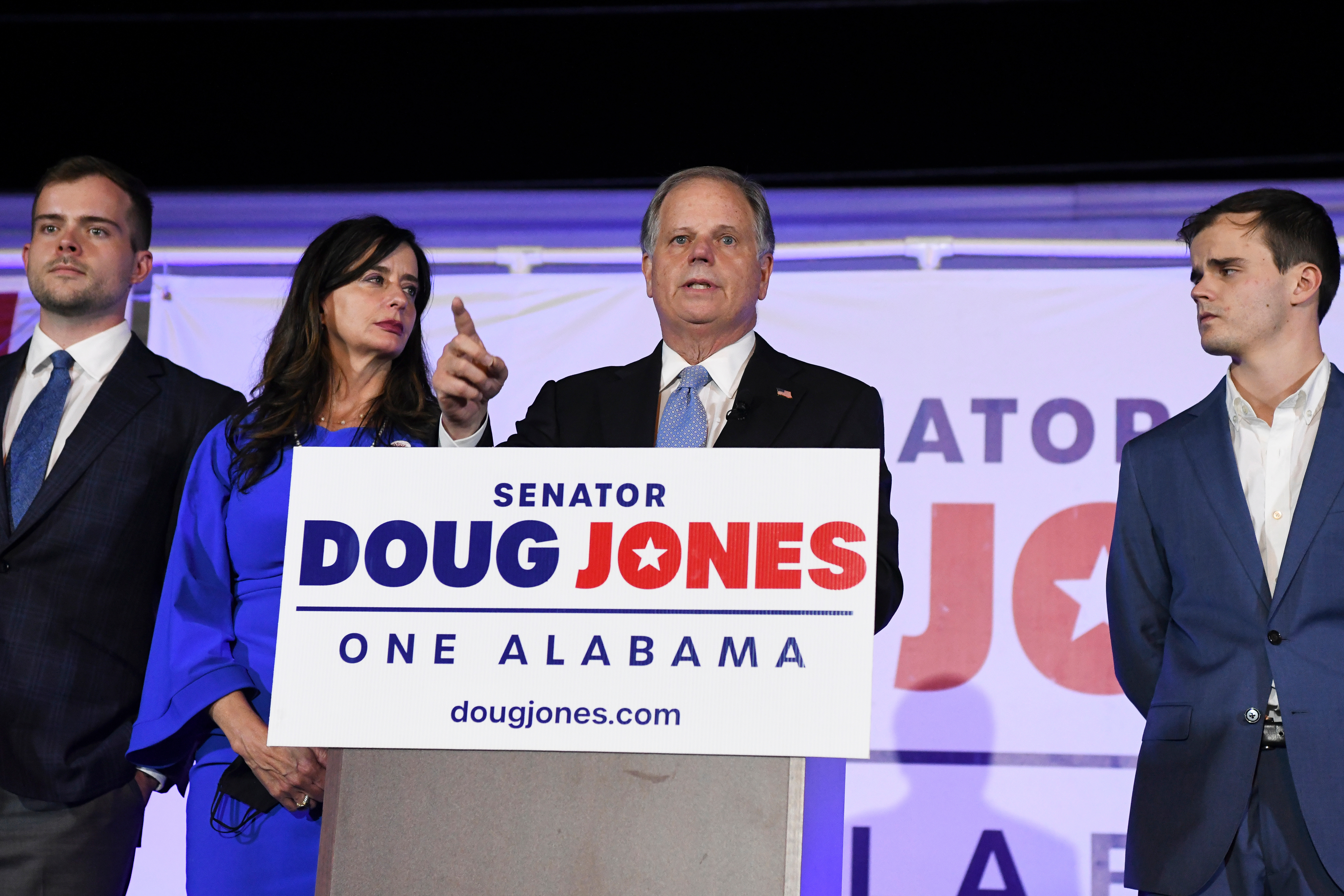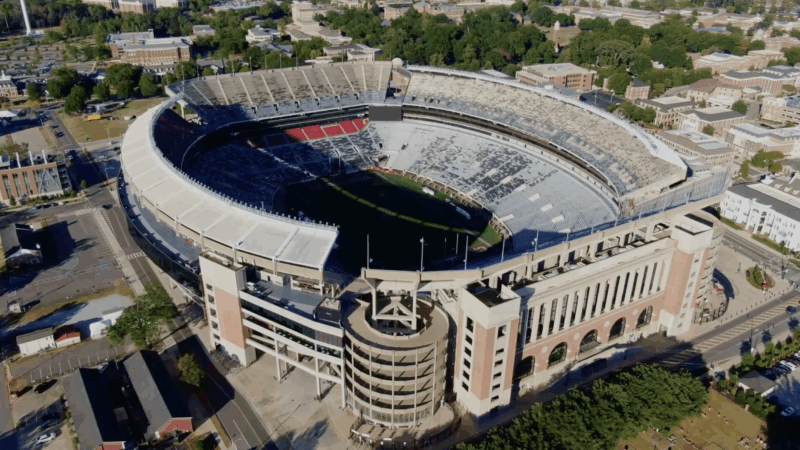UK, France and Ukraine agree to work on ceasefire plan for Russia’s war in Ukraine
LONDON — Britain, France and Ukraine have agreed to work on a ceasefire plan to present to the United States, British Prime Minister Keir Starmer said Sunday as he prepared to host a summit of European leaders to discuss ending the war.
The summit has been overshadowed by the extraordinary scolding by U.S. President Donald Trump of Ukrainian President Volodymyr Zelenskyy at the White House on Friday for being ungrateful for U.S. support in Ukraine’s battle against the invasion by Russia.
But Starmer said he’s focused on being a bridge to restore peace talks and he used the collapse of those talks as an opportunity to re-engage with Trump and Zelenskyy and French President Emmanuel Macron rather than “ramp up the rhetoric.”
“We’ve now agreed that the United Kingdom, along with France and possibly one or two others, will work with Ukraine on a plan to stop the fighting, and then we’ll discuss that plan with the United States,” Starmer told the BBC. Starmer and Macron have both spoken to Trump since Friday.
Sunday’s meeting is an important step
The London meeting has taken on greater importance in defending the war-torn ally and shoring up the continent’s defenses.
Sunday’s summit is likely to include talks on establishing a European military force to be sent to Ukraine to underpin a ceasefire. Starmer said it would involve “a coalition of the willing.”
Starmer said he does not trust Russian President Vladimir Putin but does trust Trump.
“Do I believe Donald Trump when he says he wants lasting peace? The answer to that is yes,” he said.
Starmer said there are “intense discussions” to get a security guarantee from the U.S. as one of three components for a lasting peace.
“If there is to be a deal, if there is to be a stopping of the fighting, then that agreement has to be defended, because the worst of all outcomes is that there is a temporary pause and then (Russian President Vladimir) Putin comes again,” Starmer said. “That has happened in the past, I think it is a real risk, and that is why we must ensure that if there’s a deal, it is a lasting deal, not a temporary pause.”
The meeting at Lancaster House, a 200-year-old elegant mansion near Buckingham Palace, follows a charm offensive last week to engage with Trump at the White House to put Ukraine at the center of negotiations and tilt his allegiances toward Europe.
The summit will also include leaders from France, Germany, Denmark, Italy, Netherlands, Norway, Poland, Spain, Canada, Finland, Sweden, the Czech Republic and Romania. The Turkish foreign minister, NATO secretary-general and the presidents of the European Commission and European Council will also attend.
European leaders are backing Zelenskyy
Zelenskyy received broad support from leaders across Europe after the White House fiasco, which was exceptional for featuring an attack on an ally — and because it was broadcast on live television.
Starmer embraced Zelenskyy when he arrived Saturday for a private meeting — a day before a get-together had been scheduled before the summit.
“As you heard from the cheers on the street outside, you have full backing across the United Kingdom,” Starmer said. “We stand with you, with Ukraine, for as long as it may take.”
Europe has been anxious since Trump initiated direct peace talks with Putin, who had been isolated by most Western leaders since invading Ukraine three years ago. The scramble to remain relevant and protect European interests as their once stalwart ally appeared to be cozying up to Putin was even more troubling when Trump called Zelenskyy a dictator and falsely said Ukraine started the war.
Meetings in recent days had provided some hope — until Zelenskyy’s visit to the White House.
Visits to the Oval Office by Macron, who had declared his visit a “turning point,” and Starmer were seen as steps in the right direction. The meetings were cordial and Trump even took a gentler tone toward Ukraine, though he would not commit to providing U.S. security guarantees and maintained Europe would need to provide peacekeeping troops.
Within 12 hours of Starmer’s return from Washington, the talk of peace seemed to collapse as Vice President JD Vance berated Zelenskyy for challenging Trump’s assertions that Russian President Vladimir Putin could be trusted.
“Starmer did an impressive job of asserting Europe’s agency in the war on Ukraine and conveying to President Trump that Europe is willing and able to take a leading role in implementing any credible peace deal,” said Rachel Ellehuus, director-general of Royal United Services Institute, a defense and security think tank. “Unfortunately, Friday’s White House meeting was a major step backward.”
Ukraine can no longer count on military or political support from the U.S. after Trump declared himself neutral in negotiations, Ellehuus said. She said Europe needs to step in and could release some 200 billion euros ($207 billion) in seized Russian assets to help fund that effort.
“The immediate goal of the meetings in London must be to keep Ukraine in the fight so it can negotiate from a maximum position of strength,” she said.
European leaders pledge to increase military spending
Starmer pledged this week to boost military spending to 2.5% of gross domestic product by 2027. Other European nations may follow suit.
Czech Prime Minister Petr Fiala said Saturday that Europe faces a historic test and has to look after itself. He said European countries have to increase their arms spending to reach at least 3% of GDP.
“If we don’t increase our effort fast enough and let the aggressor dictate its conditions, we won’t end up well,” he said.
Macron, who said it was legitimate for the U.S. to shift its focus to dealing with China and Asia, also called for more defense spending as he called for unity among his neighbors.
“We should have woken up earlier,” Macron said. “I’ve been saying for years that we need a more sovereign, more united, more independent Europe.”
Auburn tabs USF’s Alex Golesh as its next coach, replacing Hugh Freeze on the Plains
The 41-year-old Golesh, who was born in Russia and moved to the United State at age 7, is signing a six-year contract that averages more than $7 million annually to replace Hugh Freeze. Freeze was fired in early November after failing to fix Auburn’s offensive issues in three seasons on the Plains.
Alabama Power seeks to delay rate hike for new gas plant amid outcry
The state’s largest utility has proposed delaying the rate increase from its purchase of a $622 million natural gas plant until 2028.
Former U.S. Sen. Doug Jones announces run for Alabama governor
Jones announced his campaign Monday afternoon, hours after filing campaign paperwork with the Secretary of State's Office. His gubernatorial bid could set up a rematch with U.S. Sen. Tommy Tuberville, the Republican who defeated Jones in 2020 and is now running for governor.
Scorching Saturdays: The rising heat threat inside football stadiums
Excessive heat and more frequent medical incidents in Southern college football stadiums could be a warning sign for universities across the country.
The Gulf States Newsroom is hiring an Audio Editor
The Gulf States Newsroom is hiring an Audio Editor to join our award-winning team covering important regional stories across Mississippi, Alabama and Louisiana.
Judge orders new Alabama Senate map after ruling found racial gerrymandering
U.S. District Judge Anna Manasco, appointed by President Donald Trump during his first term, issued the ruling Monday putting a new court-selected map in place for the 2026 and 2030 elections.

